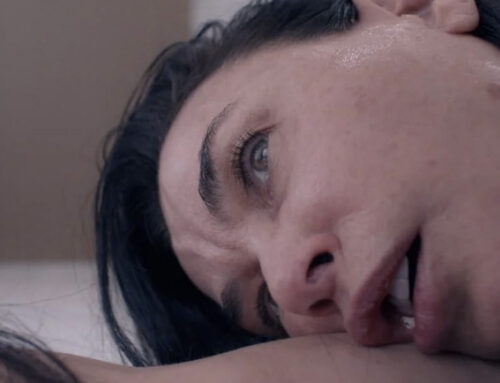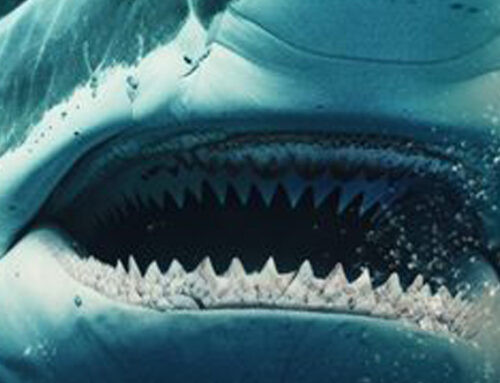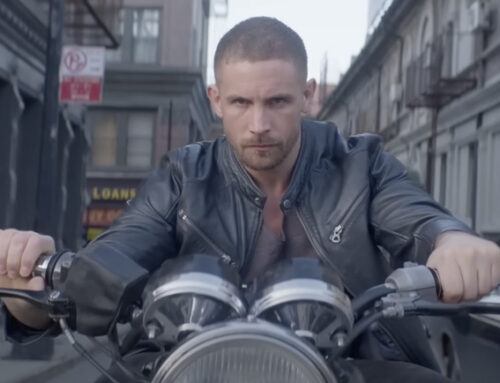Buoyancy is simple in terms of its setting–when an overly ambitious student gets invited aboard a submarine by an eccentric entrepreneur and comes to realize that deep-down inside people are not who they pretend to be. Essentially the entire film takes place on the submarine and focuses almost entirely on its two main characters. This simplicity served as an ideal canvas for the complex character development, mysterious storyline, and profundities exchanged in the engaging dialogue.
The nature of the film’s story meant that the majority of the performance weight rested on the shoulders of Rebecca Finch as Amelia Anderson and and Michael Wagner as Nicholas Hallberg. Both Finch and Wagner give dazzling performances and were a perfect pair on screen. Their performances were so detailed and complete, giving their respective characters the complex depth needed to maintain the film’s intrigue.
One thing I would like to draw specific attention to was the body language throughout the film. Amelia’s body language was guarded, uneasy, and lacked confidence while Nicholas exuded power, control, and comfort. These strong and consistent choices both enhanced and added to the completeness of the characters and their overall development. It really speaks to the attention to detail and the limitless talent of Finch and Wagner.
The film is based (loosely) on the story of journalist Kim Wall. Writer/director Roel Leijten was able to infuse enough originality and creativity into the story that prevented the film from becoming a biopic and instead became an entirely new and thrilling story. You may think you know the story and what is going to happen, but at every opportunity, Leijten tries to throw you off the scent, and you are left guessing as to what exactly is going to happen until the very end.
The greatest feature of Buoyancy is the dialogue. There are several exchanges that occur between Amelia and Nicholas that are smart, engaging, and deeply thoughtful. I was particularly fond of the postulation that the concept of free will isn’t entirely accurate and that our free will is limited by one’s knowledge and the subconscious’s control over the decision-making process. There were several times I found myself pausing the film to reflect on what was just said and whether or not I agreed with it, and that is a testament to Leijten’s intelligent writing.
Buoyancy wastes no time getting to the plot which I appreciated. In less than 10 minutes it was clear what was happening and an air of mystery quickly set in. Despite Buoyancy’s swift initial momentum, the pacing varied widely from tense slow burn, to quick and exciting, to painfully plodding along. The film’s 144 minutes could have been trimmed down to remove periods of drag while maintaining the story’s integrity and character development.
Buoyancy is rife with frustratingly odd situational reactions. Amelia (on more than one occasion) would react irrationally and incredibly poorly to a situation, and Nicholas would just accept it. Rather than discussing a solution, he lets things escalate. While watching the first time I found this to be incredibly frustrating. That being said, after the film’s conclusion the reason for these reactions became abundantly clear and again are an example of the brilliantly detailed story Roel Leijten has woven.
Overall, Buoyancy is a psychological thriller that is equally heavy on the psychological and thriller components. Dynamic performances, smart dialogue, and nonstop tension make this film worth a watch for anyone looking to check out an exciting film that sinks into the unconscious mind. The film will available on Digital platforms on March 2.
7 out of 10
| Buoyancy | ||
| RATING: | UR |
BUOYANCY (2020) | Official Trailer |
| Runtime: | 2hr. 24 Mins. | |
| Directed By: | ||
| Written By: | ||







